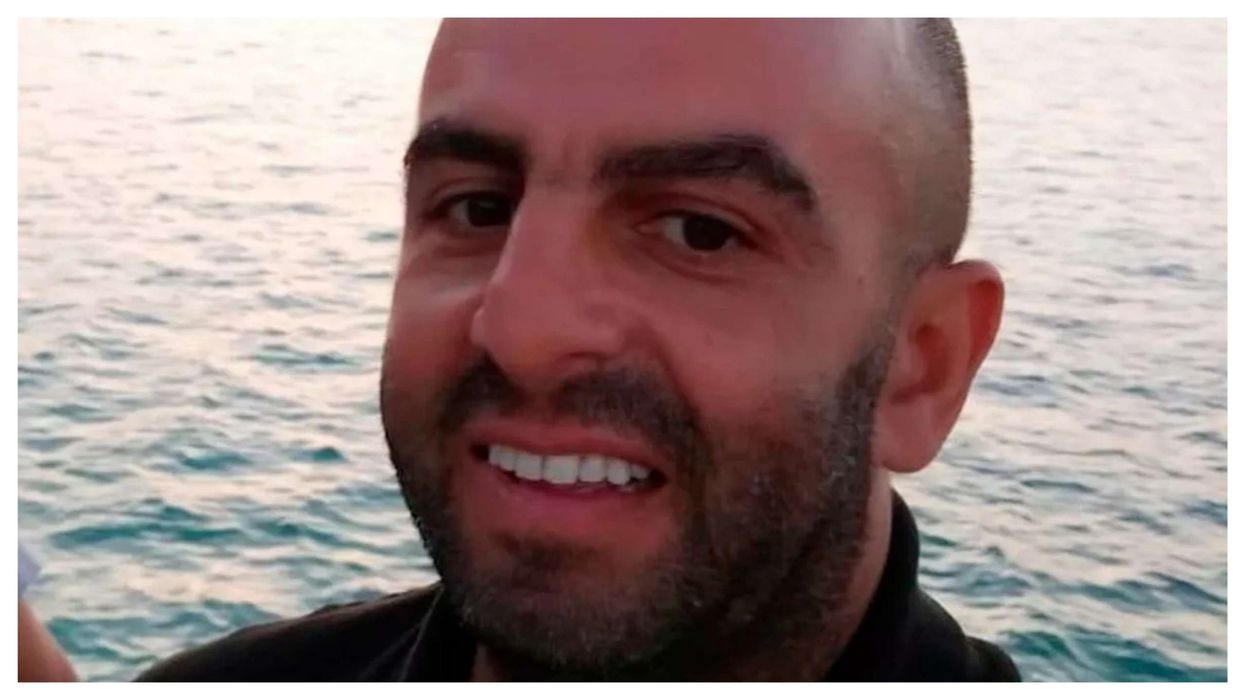by Lord Dolar Popat
MY LORDS, I start with a question: why me? Why have I taken it upon myself to bring this debate to your Lordships’ House? After all, I am not Jewish, so why should anti-Semitism concern me?
To that I answer: anti-Semitism concerns us all. The notion that it is solely a Jewish problem is as dangerous as it is wrong.
History is full of powerful words and actions, but silence can be just as formidable. When we are silent in the face of intolerance, we encourage prejudice. When we are silent in the face of falsehoods, we allow lies to become truth. When we are silent in the face of hatred, then hate will spread.
What we must understand here is that hate knows no bounds. We saw that in the horrors of the Holocaust, and we see it now with extremist terrorism and the rise of both the far right and the ultra-left. Anti-Semitism is a threat that goes beyond Jewish communities and party politics.
For me, this is personal. As a member of the British Hindu community, I understand the pain that prejudice brings. My family and I came to Britain from Uganda more than 45 years ago to escape the brutal dictator Idi Amin. We were welcomed by this country, and the Jewish community was at the forefront in helping us to settle in the part of north London where I live today.
For us, the Jews were a positive example of what immigrants can achieve by integrating fully into society. In them we saw people who not only survived horrific persecution but thrived despite it. Our two communities continue to live side by side and we have a number of shared values. We both attach importance to hard work, education, enterprise, family and faith. We also share an unshakable loyalty to the UK, this great country.
Jews have long felt safe in this country. Regardless of what was happening elsewhere in the world, here in the UK – like us – they felt at home. During the Second World War, it was this country that took in Jewish refugees and offered them a safe haven. In the last couple of years, with anti-Semitism on the rise in France, Hungary and other parts of Europe, many Jews expressed relief that they were living here and not elsewhere. Even a growth in recorded anti-Semitic incidents in the UK did not dampen the community’s feeling that they were protected by UK values, laws and institutions.
So when my Jewish friends say they fear for their children’s safety in schools, synagogues and universities; when they are afraid of openly identifying as Jewish; and when they start to question their future in this country, the rest of us should ask: ‘How has it come to this? Why has it come to this?’ And, most importantly, ‘What are we going to do about it?’
It is essential to applaud the effort it took, after the Second World War, to ensure through our government and the rule of law, that anti-Semitism in all its forms will never be tolerated. But the government must not allow the passage of time to soften our resolve against it. There is a generation of young people who did not grow up with an awareness of the Holocaust, but they are politicised in other ways. They must understand that hatred of Jews – hatred of any community – is a danger to us all.
I am not a career politician or an activist. When I joined your Lordships’ House eight years ago, I could never have imagined that I would be standing before you in 2018, speaking about the hatred of Jews in this great country. But it is happening now, and I will not go down as one of the good men in history who stood by and did nothing. I refuse to bear witness to hatred as it eats away at our social and moral fabric. I will stand up for my Jewish friends who love this country, who have given so much to this country, and who ask for nothing more than to feel protected.
All of us –Hindus, Christians, Jews, Muslims, Sikhs and those of no faith – must stand up and speak out for the oppressed, whoever and wherever they are. I stand here today to say loud and clear, “Enough is enough”













‘Wrong to see anti-Semitism as solely a Jewish problem’